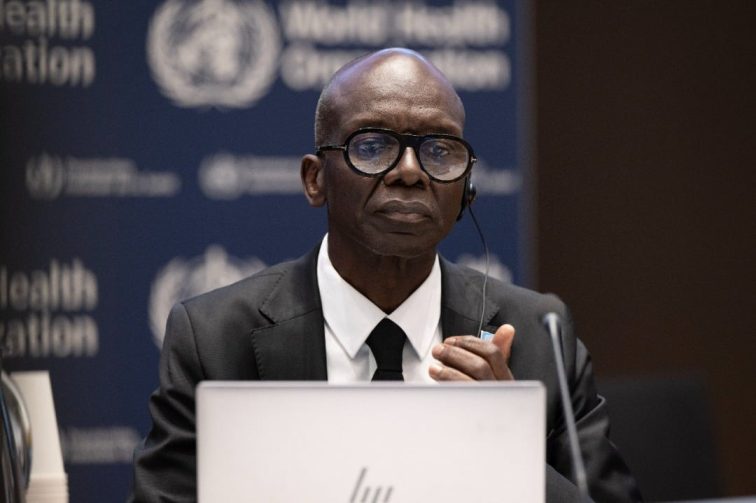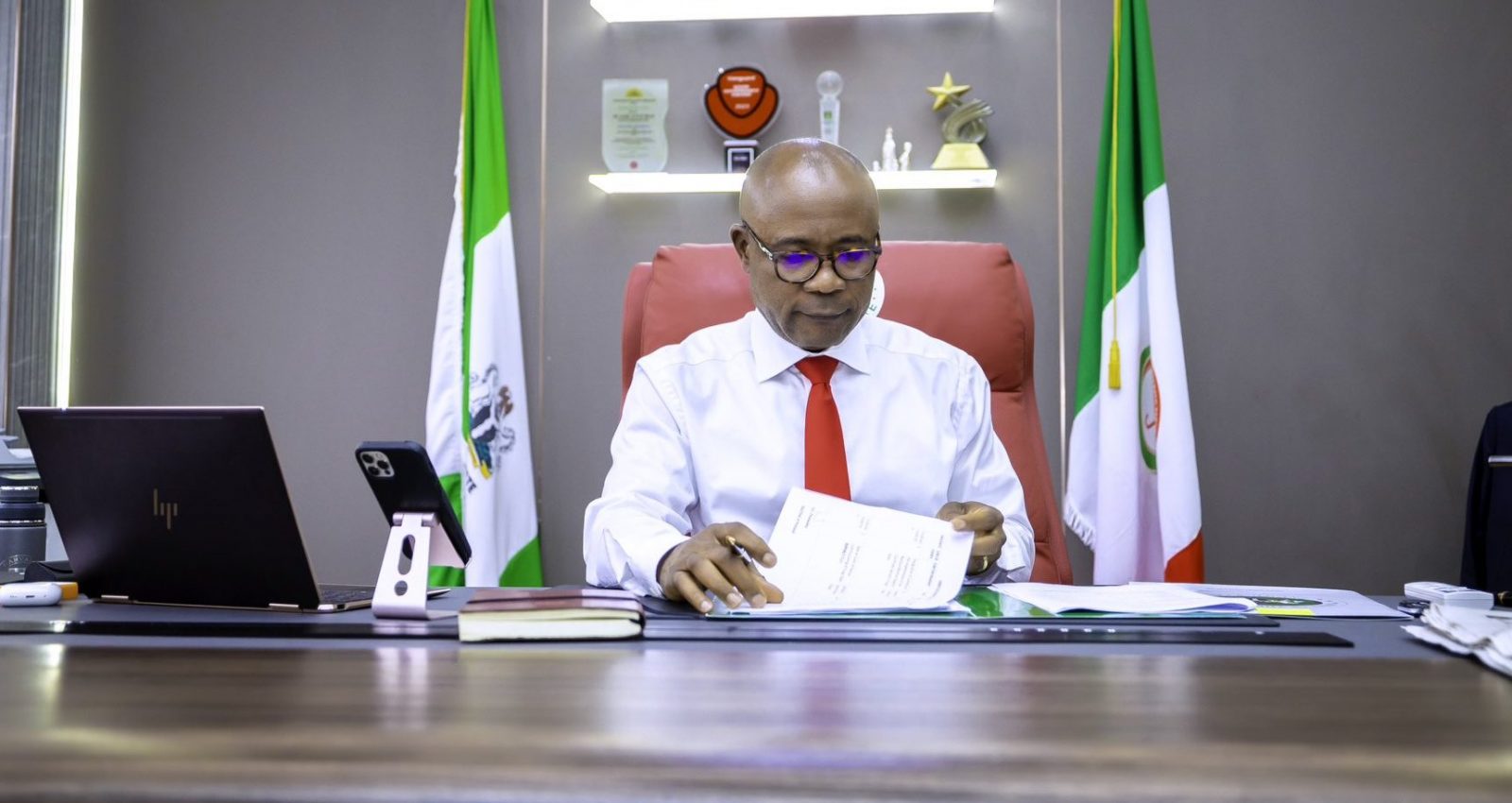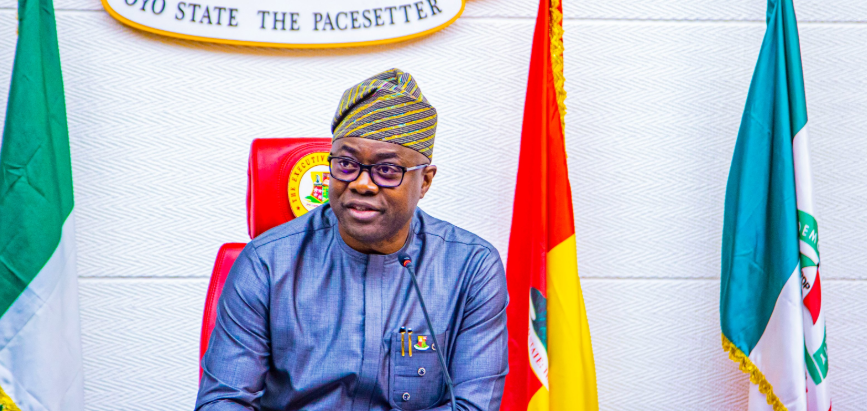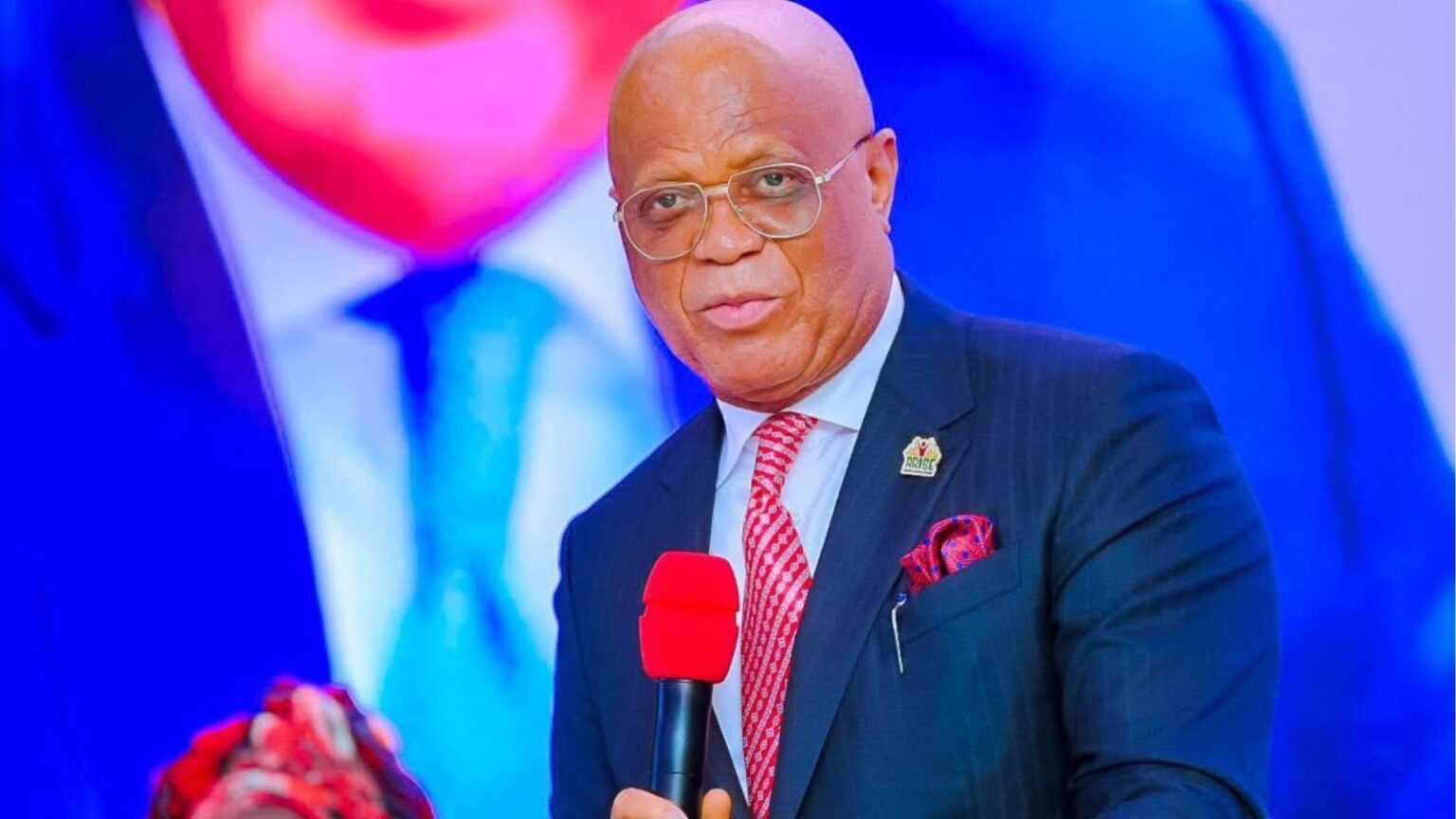WHO URGES ACTION TO INTEGRATE MENTAL HEALTH IN CRISIS RESPONSE
Written by Oluwaseyi Amosun on October 10, 2025

Photo File: Mohamed Janabi
The World Health Organisation Regional Director for Africa, Dr Mohamed Janabi, Today, called for urgent action to strengthen mental health systems across Africa.
Janabi warned that the integration of mental health and psychosocial support into emergency preparedness and response in the region remains inadequate.
He stated this in his speech posted on the WHO African Region website to mark this year’s World Mental Health Day, themed “Access to Service: Mental Health in Catastrophes and Emergencies.”
Janabi noted that this year’s theme is a reminder of the urgent responsibility to safeguard mental health before, during, and after crises.
WMHD is commemorated Today to raise awareness of mental health issues around the world and to mobilise efforts in support of mental health.
According to WHO, the day provides an opportunity for all stakeholders working on mental health issues to talk about their work and what more needs to be done to make mental health care a reality for people worldwide.
The WHO Regional Director said, “Emergencies—whether outbreaks, conflicts, or natural disasters—can devastate lives and communities. They bring displacement, disruption of social support, family separation, grief, and distress. While most people experience psychological stress, one in five will face a mental health condition requiring professional care.
“Yet, the integration of mental health and psychosocial support into emergency preparedness and response in the region remains inadequate.
“The African Region carries the world’s heaviest burden of public health emergencies, with more than 100 major events each year—from Ebola to cholera, from floods to armed conflict. These emergencies strain fragile health systems, disrupt economies, and place immense pressure on mental health and well-being.”
He cited progress at the global level, recalling that in May 2024, the World Health Assembly approved a landmark resolution calling for Mental Health and Psychosocial Support to be fully integrated into preparedness, response, and recovery efforts.
He added that the Regional Framework for Mental Health provides further guidance, encouraging Member States to embed MHPSS in disaster risk reduction and health system strengthening.
“We are not without solutions. Eleven countries in our region already include MHPSS in national disaster preparedness plans, while several are integrating services into primary health care. WHO is working to expand these efforts, aiming for 80% of countries to have robust MHPSS systems in place by 2030,” he stated.
However, he warned that financial investment remains critically low.
“Only 10 countries have dedicated mental health budgets, with regional spending below US$0.50 per capita,” he added.
To address this gap, he urged that governments must commit greater resources and accelerate the integration of MHPSS into emergency frameworks.
To accelerate progress, Janabi said WHO urges member states to establish multisectoral MHPSS coordination mechanisms for preparedness and response; strengthen community and social support systems to build resilience; train frontline responders in psychological first aid to provide immediate support and safeguard their own well-being; expand mental health services by training health workers in evidence-based approaches such as the WHO Mental Health Gap Action Programme Humanitarian Intervention Guide; and uphold the rights and dignity of people with severe mental health conditions, especially in crises.
“Mental health care is not a luxury. It is a lifeline, particularly in times of crisis. On this World Mental Health Day, let us commit to stronger systems, greater investment, and coordinated action. Together, we can ensure that mental health support is available when it is most needed, offering hope and healing for all communities in Africa,” Janabi stressed.
The National Mental Health Programme Coordinator at the Federal Ministry of Health and Social Welfare, Dr Tunde Ojo, in an interview with WHO, stated that the Federal Government has established a National Task Force on the decriminalisation of attempted suicide.
“We are now working closely with the Office of the Attorney-General to finalise a draft amendment bill. We expect tangible progress very soon.
“We have also taken an integrated approach to mental health. It is now embedded within programmes on neglected tropical diseases and HIV, and the WHO’s Mental Health Gap Action Programme 3.0 framework has been contextualised and endorsed by Nigeria’s National Council on Health. Any partner seeking to integrate mental health into their work can now build on that.
“We also found that very few states had mental health leadership before. So we pushed for the creation of mental health units within every state’s Department of Public Health. Today, 27 out of 36 states and the Federal Capital Territory have established such units—a big step towards strengthening coordination across the country,” Dr Ojo said.






 Eagle Fm
Eagle Fm